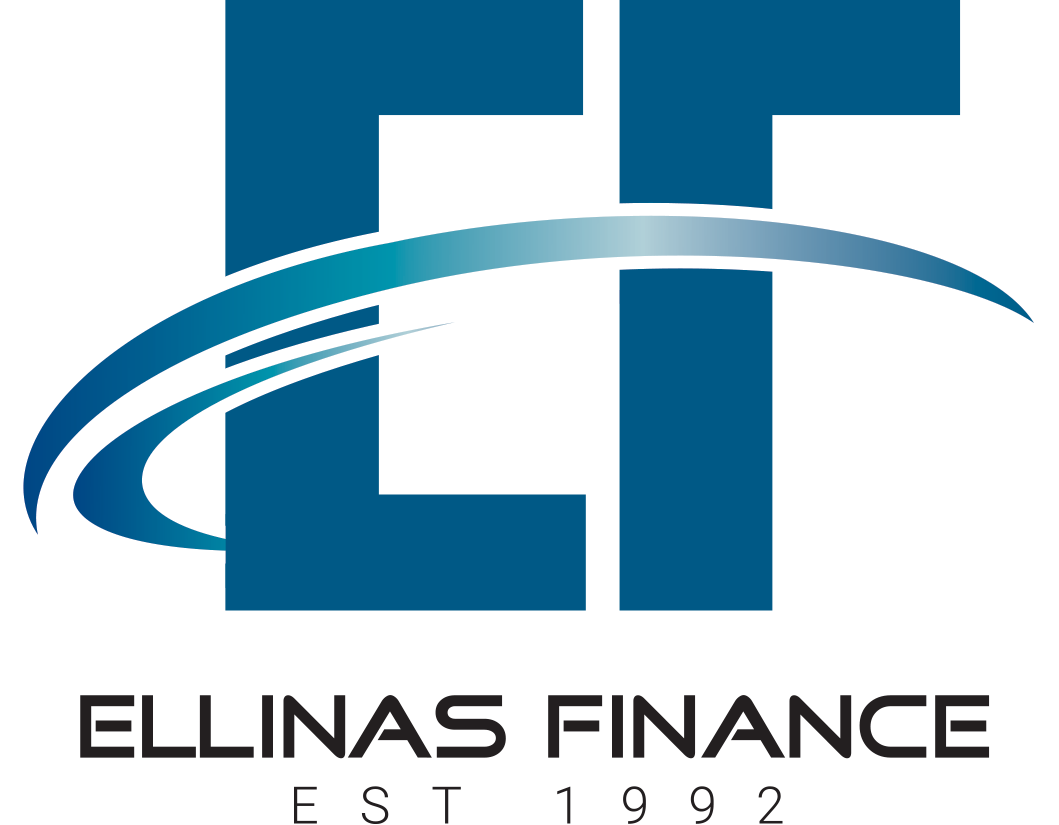
It is hard to come up with any more accessible means of financing than obtaining a solid business loan. Whether you are a new or established business, a loan enables any business to get the ball rolling without too many complications.
In the first part of this post, we went through some of the common types of business loans such as term loans, small business administration loans, merchant cash advances and startup loans.. Let us now guide you through the remaining common types of business loans, in order to make it easier for you to highlight what works best for your company needs.
Business Line of Credit
Ideal for businesses that have been operating for at least 12 months and possess at least €60,000 in annual revenue, yet require an ongoing source of working capital. Such business lines of credit can be obtained through conventional banks or private lenders and they can be seen as a type of ‘credit card’. Each month requires a minimum payment but just as with a credit card, the line of credit allows you to continuously draw money as long as there is available credit. It is worth noting that some lenders charge an annual fee to maintain a business line of credit and collateral may often be required. If what your business is looking for is a flexible way to access capital, then it might be a good source of financing as needed.
Accounts Receivable Financing
Ideal for growing businesses in need of a flexible short-term financing, provided they possess a positive cash flow. This type of lending also known as invoice financing or factoring and it enjoys a lot of similarities with the merchant cash advance. Companies that offer this type of financing provide businesses with cash, using the business’s outstanding invoices as collateral, making it thus possible to borrow up to 90% of the value of your open invoices.
Equipment and Construction Loans
Ideal for established businesses that need to finance equipment purchases or the construction or renovation of an owner-occupied building. As private and traditional lenders make these loans available to established businesses with a consistent revenue stream, equipment loans make it possible to finance up to 100% of its value with flexibility in the repayment terms - depending naturally on how the amount borrowed.
Peer to Peer Loans
Ideal for newer businesses in need of larger amounts but without a sufficient credit to obtain a bank loan. Peer to peer lending has become an increasingly popular small business funding option and it is effectively funded by a group of investors who each claim a share of the interest you pay. In addition to paying interest on the loan, borrowers pay a fee to the platform as well.
Personal Loans for Business
Ideal for business owners in need of quick funding solutions for smaller amounts so long as they possess a good credit history and score. With the exception of startup and small business administration loans, many of the lending options outlined above and in Part 1 of this post, have fundamentally catered to businesses in operation for at least a year or more. For a new type of business, taking out a personal loan may be the most suitable choice. This type of loan is usually unsecured, which benefits newer businesses that may lack substantial assets.

